CSAM PREVENTION PROGRAM
PACT’s Child Sexual Abuse Material (CSAM) Prevention Program is designed to provide a safe space for parents, caregivers, or guardians to learn about the basics of human trafficking and exploitation.
PACT engages key partners, such as youth-serving organizations, schools, community-based organizations, homeless shelters and transitional housing, migrant-serving organizations, and other institutions that provide education, medical, or social services through community outreach and education.
Specifically, PACT prioritizes partnerships with organizations that serve populations at a higher risk of human trafficking. An example would be migrant-serving organizations that work with individuals who recently migrated to the United States, who are particularly susceptible to human trafficking due to several vulnerabilities, such as language barriers and the lack of knowledge of their rights. Additionally, migrant communities are often targeted because traffickers know they are less likely than others to seek help.
The CSAM Prevention Program for parents, caregivers, or guardians focuses on four main topics:
Online Safety
Human Trafficking
Managing Difficult Conversations
Community as a Resource
During workshops, facilitators do not only focus on didactic teaching but also activities, such as small and large group discussions based on scenarios given and individual group work through brainstorming and reflection. This approach intentionally engages participants and helps them retain knowledge and skills. All workshops can be conducted in English and Spanish and are offered free of charge to participants.
CONTACT US!
For more information about the CSAM Prevention Program and to schedule workshops, please contact Dr. Reynaldo De Leon Jr., Deputy Director of Research and Community Engagement, Educational Initiatives, at rdeleon@WeArePACT.org.
RESOURCES:
Child Sexual Abuse Material (CSAM) Prevention - PACT’s Parental Series
Child Sexual Abuse Material (CSAM) Prevention Brochure
National Hotlines and Resources






